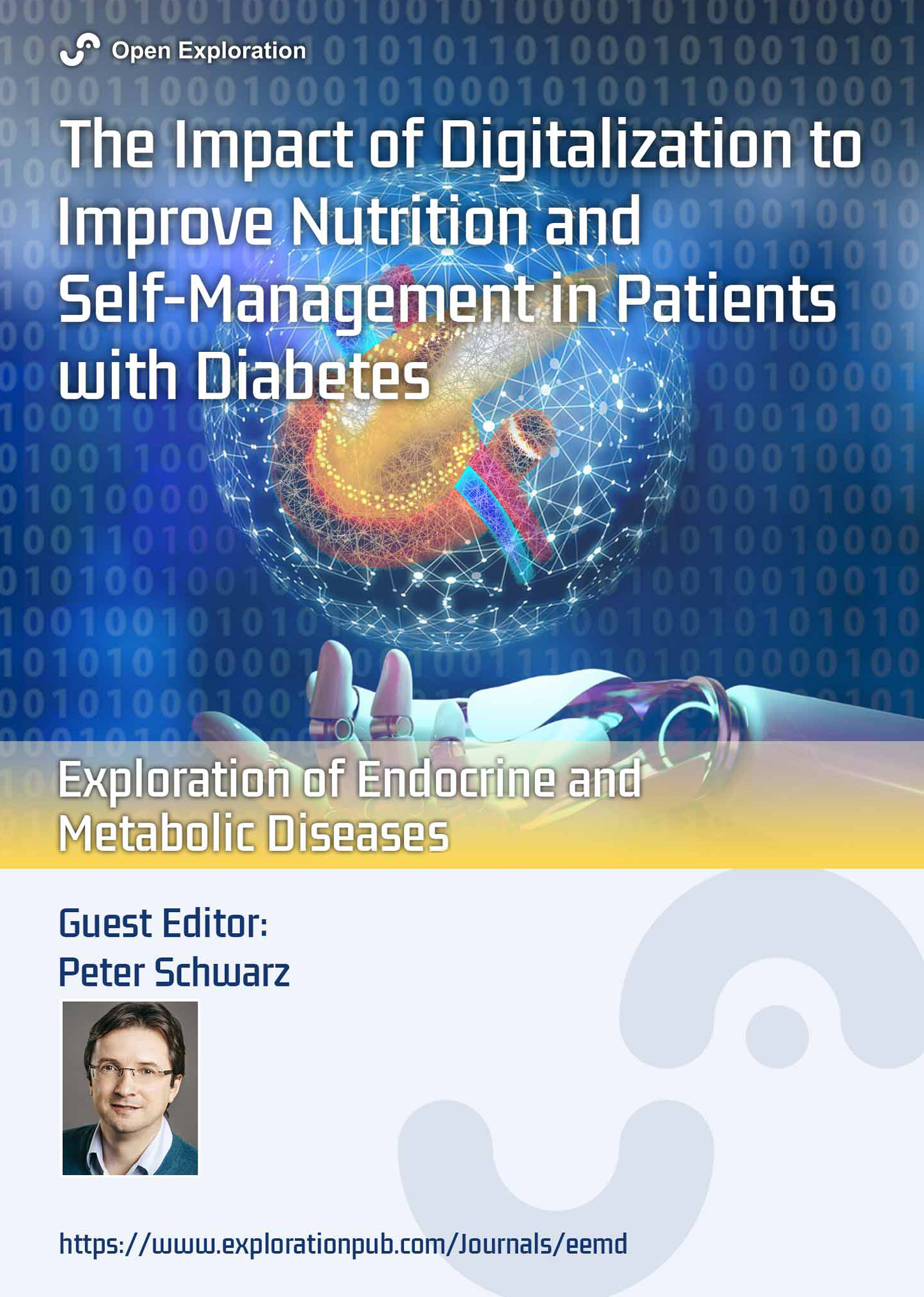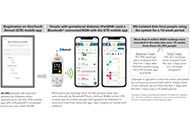
The Impact of Digitalization To Improve Nutrition and Self-Management in Patients With Diabetes
Guest Editor
Peter Schwarz E-Mail
Head of Department of Bereich Diabetologie & Versorgung and professor at the Dept. of Medicine III, Medical Faculty Carl Gustav Carus, TU Dresden, Germany.
Research Keywords: digitalisation; chronic care management; diabetes; type 2 diabetes; prevention
About the Special lssue
Dear Colleagues,
Digitalization is currently progressing significantly, triggered by our experiences with the pandemic but also due to technical and software achievements. To better address individual patient needs, digital tools are becoming increasingly important in the management of patients with chronic diseases, especially type 2 diabetes. There is significant potential to integrate digital tools into the care pathways of diabetes patients (and others with chronic diseases) and to provide an autarkic impact to improve patient outcomes. There are various technologies focusing on documentation, feedback, motivation, messaging, education, and especially supporting patient behavior for empowerment toward better self-management and decision-making. Furthermore, clinical decision support systems are receiving growing attention in clinical care, and artificial intelligence-based systems help enhance procedures, risk stratification, and professional decision-making.
As often occurs in such a growing innovative environment, deep evidence is missing. Guidelines do not include these procedures due to a lack of studies, and both positive and negative results are not perceived by the clinical community as quickly as the field is growing. Therefore, we decided to establish this special issue “The Impact of Digitalization To Improve Nutrition and Self-Management in Patients With Diabetes”. We aim to provide a platform to share results of your research on digitalization, give an overview of potential and barriers in the field, enable the sharing of research protocols, and inform about the application of artificial intelligence in chronic disease management. Finally, we would like to advance guideline development for digitalization in chronic diseases.
You are warmly invited if you are conducting research in this field, are in the process of licensing digital products, or are involved in developing standards, recommendations, and guidelines to publish your results and experiences in this special issue. We intend to make this issue a landmark reference for everyone working in the field of digitalization in chronic disease management. Furthermore, a new field is emerging in the evaluation of digital tools through innovative research protocols.
I am very keen to read your manuscripts and collaborate with you in publishing this special issue on a highly innovative and evolving topic in medical care.
Sincerely yours
Prof. Peter Schwarz
Guest Editor
Keywords: digitalization; type 2 diabetes; digital intervention; digital tools; apps; clinical decision support systems; navigation guidance; chronic disease management; artificial intelligence; interoperability
Published Articles
